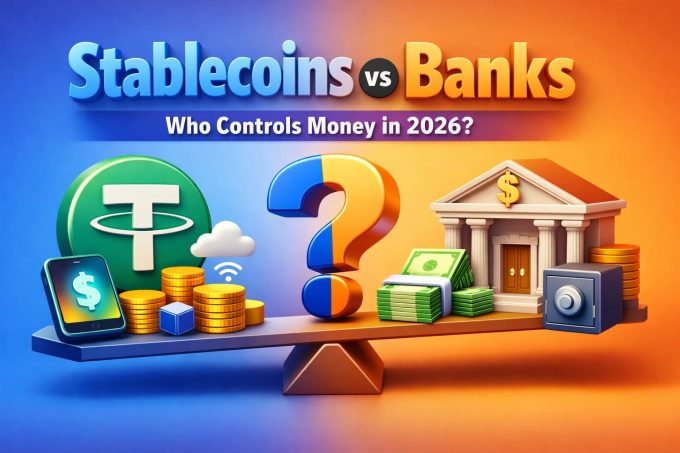Cryptocurrencies that serve as digital assets must be stored somewhere. Interestingly they cannot be stored but can only be accessed with the help of software called crypto wallets.
These wallets facilitate transaction of cryptocurrencies between users.
Digital assets can be stored safely using crypto wallets. Crypto wallets, in contrast to conventional wallets, keep your private keys—the password that gives you access to your cryptocurrencies—instead of actually storing your digital cash.
Public & Private Keys
Private keys are used to carry out transactions and are similar to a PIN of your debit card. Public keys are similar to bank account numbers and are used to receive transfers.
For example, someone who sends you cryptocurrencies is effectively assigning the coins to your wallet address and this is what is the public key.
To utilize these coins, the private key stored in your wallet should match with the public key entered by the sender. Once they match, the transaction is successful.
If you lose your keys, you lose access to your money.
Crypto wallets have two broad categories – Hot & Cold wallets.
What Are Hot Wallets ?
Hot wallets are those that have a direct connection to the internet, like a phone app, desktop programme, browser extension or with any provider of an online wallet.
However, because of this very internet connectivity, they are also susceptible to online hacking attempts.
Exchange wallets, mobile wallets, online cloud wallets and software wallets are all examples of hot wallets.
- Exchange or service provider wallets: As the name implies, the exchange platform is in charge of these wallets. Such wallets make trading and even account-recovery a simple process. Because, the data is stored by a third party, consumers must choose an exchange they can trust.
- Web/Online wallets: These wallets are stored in the cloud and can be accessed by multiple devices over the internet. Being online, they are prone to hackers and viruses. In this case, too, a third party stores the data.
What are Cold Wallets?
Cold wallets are those that keep your passwords away from the internet.
You can store your passwords in a pen drive and use it online only when you want to transact. The chances of someone actually hacking it are thus substantially reduced. The passwords can be kept in a QR code format, alpha-numeric hash outputs or even coded using mnemonics.
Hardware wallets and offline paper wallets are examples of cold wallets.
- Hardware Wallets: These are USB like devices which store the users’ private keys. They can never be hacked since the keys are stored on the device. They do not involve a third party. You will require a software wallet to interact with the device.
- Paper Wallets: These are printed sheets of paper having private keys or QR codes. They are the safest as they cannot be hacked. They need to be protected from physical damage or loss.
Here are a few tips to follow in order to use your wallet safely
- Set up two-factor authentication consisting of password & OTP
- Always check your browser address bar so that you avoid phishing attacks
- Do not share sensitive information with anyone since exchanges and apps do not ask for sensitive info.
- Avoid using public Wi-Fi as it can divert your browser to another page.
- Keep your holdings and information private; do not reveal your info at events, social gatherings, meet-ups, etc.
Note: Above is a brief perspective of what crypto wallets are, how they work and how you should keep them safe. Cryptocurrency markets are highly volatile and you must consult your financial advisor before making any financial bet.
You need to login in order to Like















